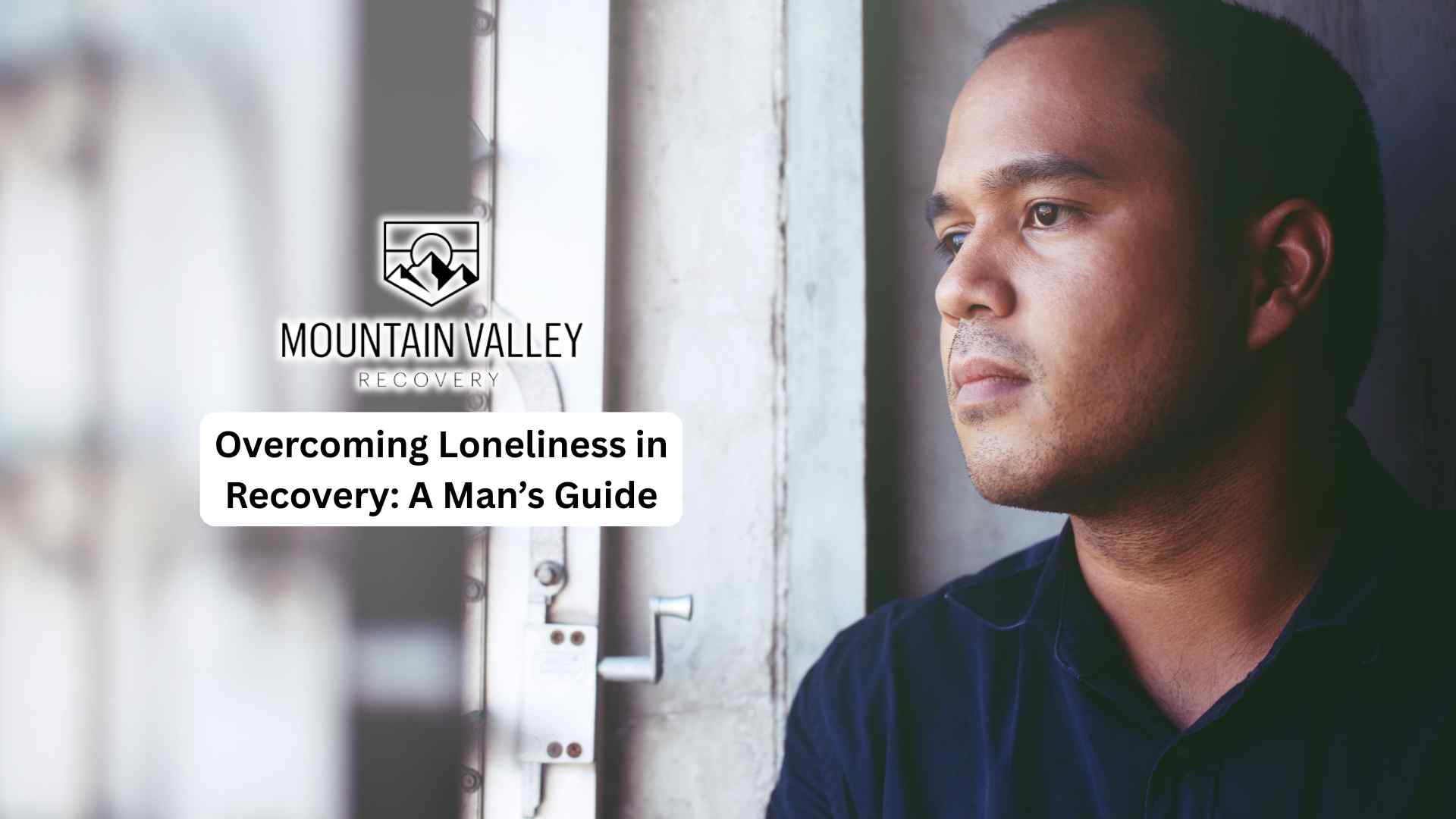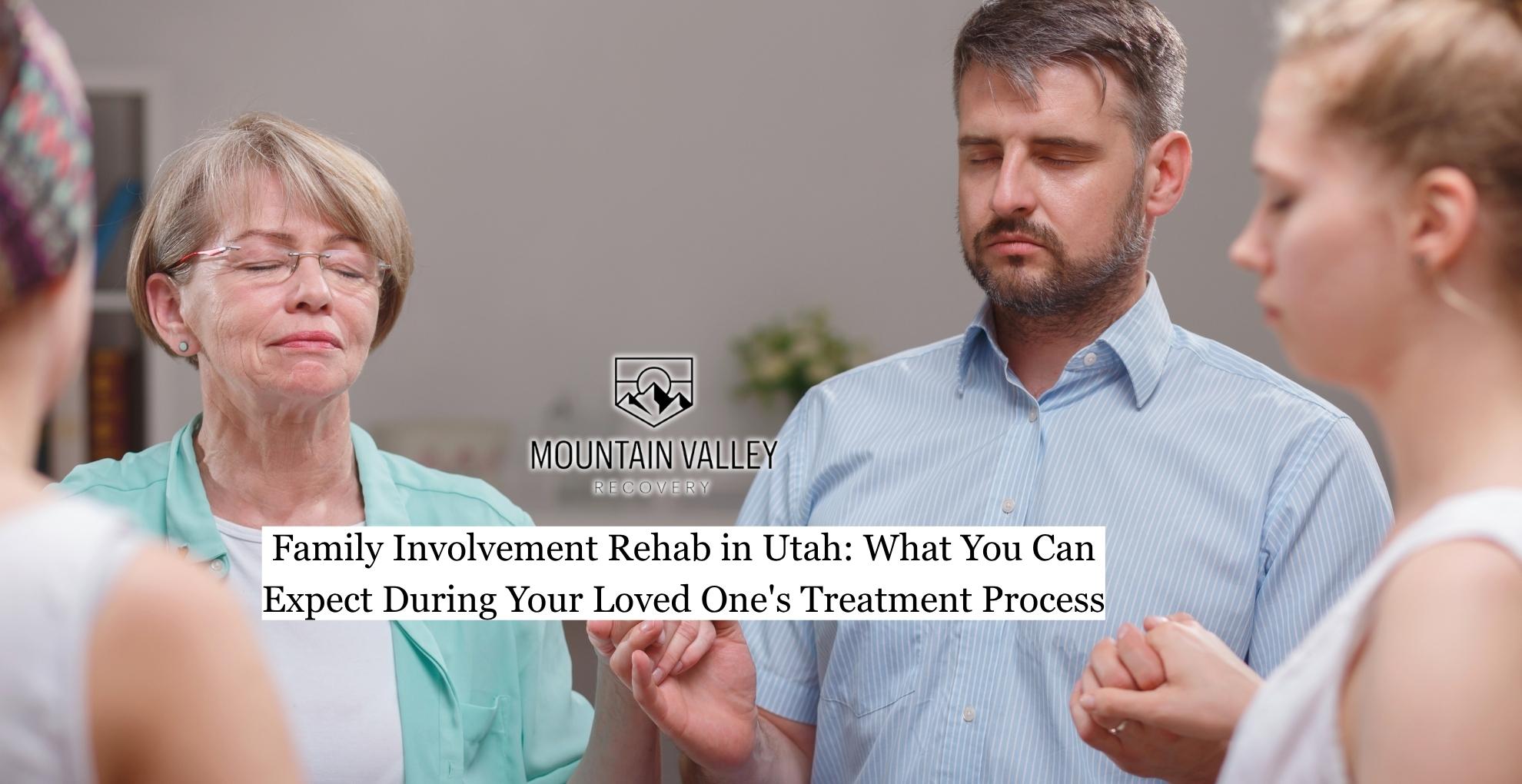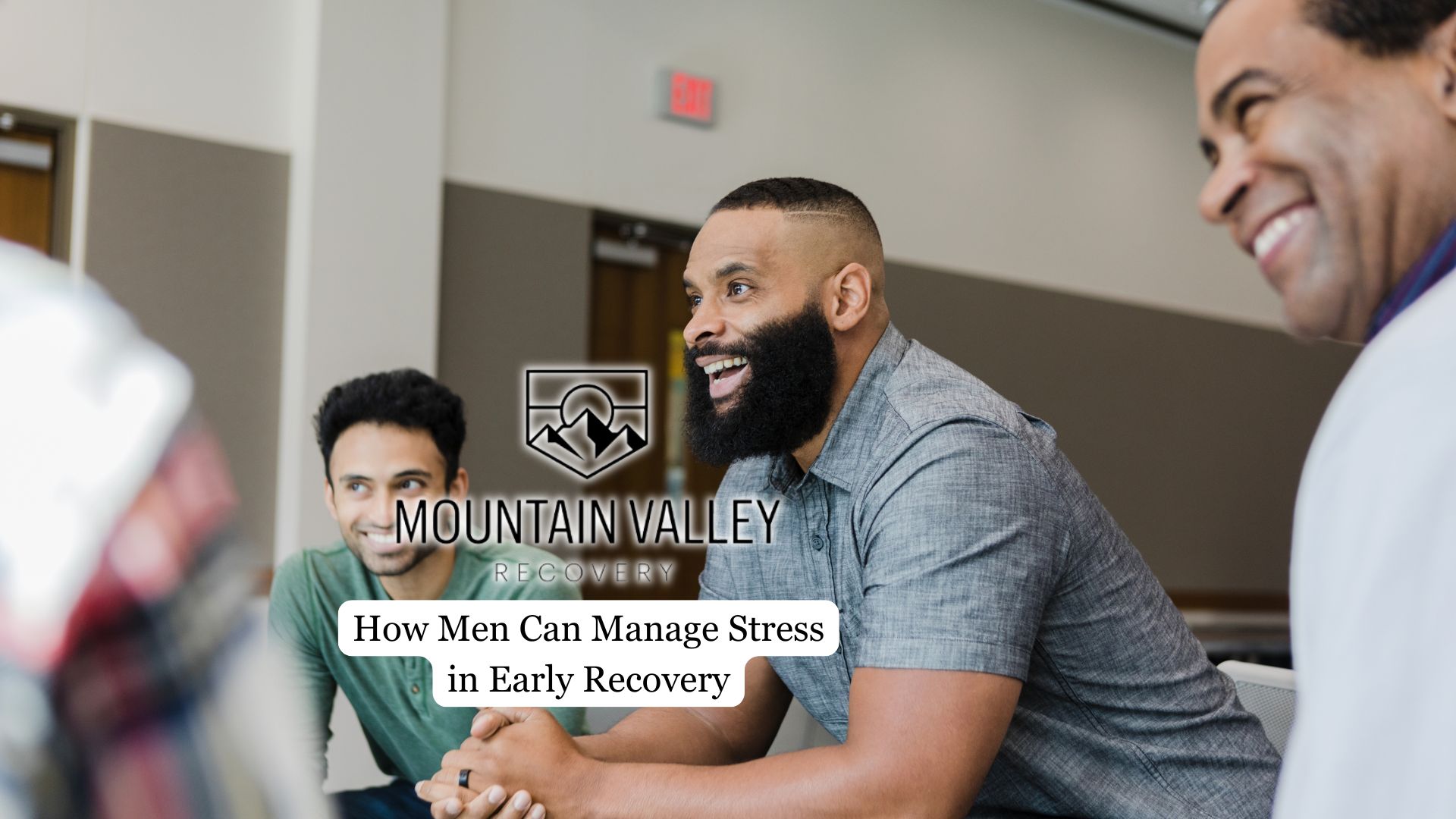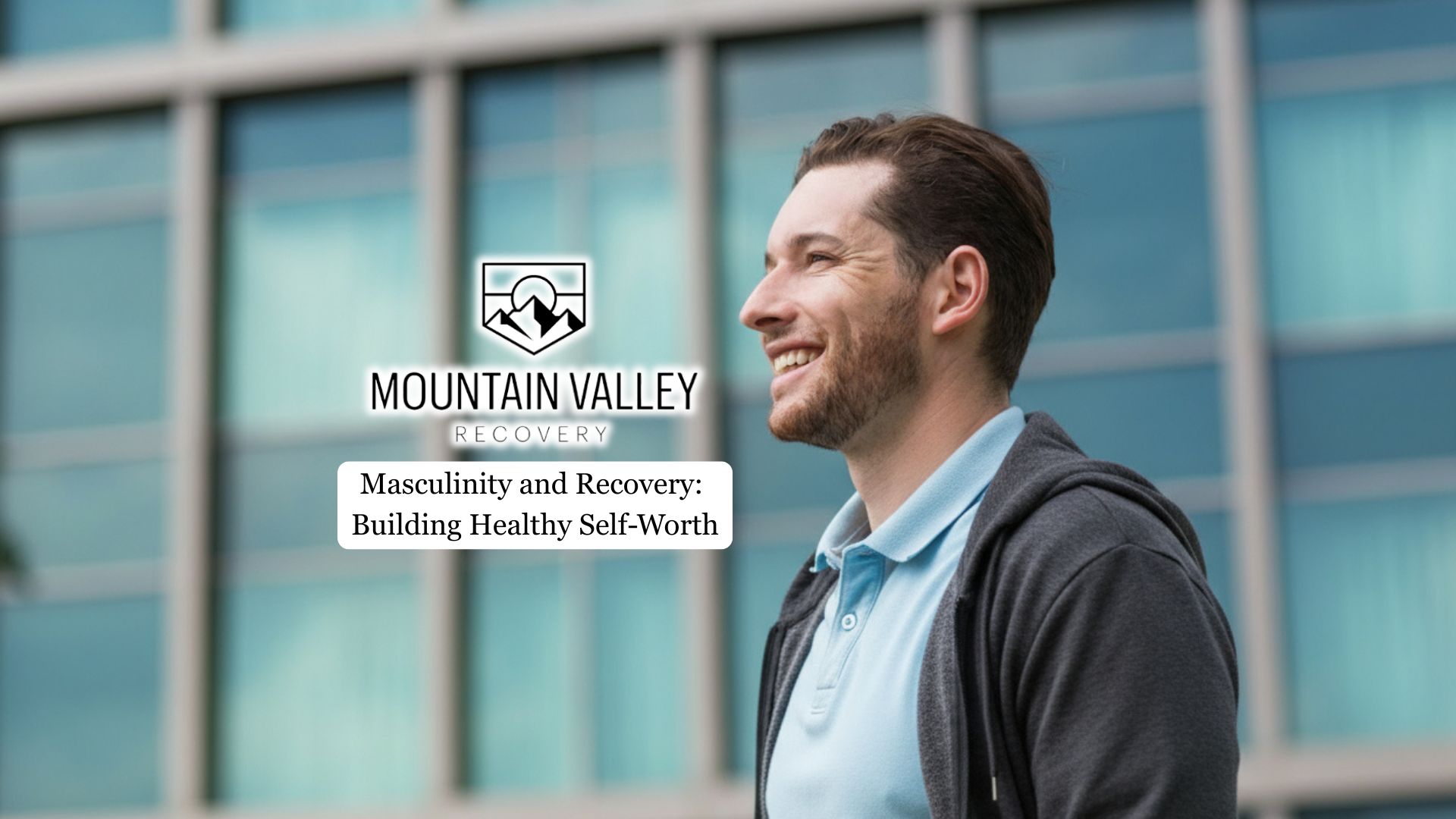Recovery is often described as a journey, but for many men, it can also feel like an isolating path. The shift away from old habits, relationships, and environments can leave behind an empty space that feels overwhelming. Loneliness, if left unaddressed, can hinder healing and increase vulnerability to setbacks.
This article examines how individuals can recognize and address loneliness, foster healthy connections, and cultivate resilience to promote long-term progress and personal growth.
Understanding Loneliness in Recovery
Cultural and social pressures to appear strong and self-reliant often make it harder for individuals, especially men, to admit vulnerability or ask for help. As a result, many wrestle silently with feelings of emptiness, even when surrounded by others. Recognizing that loneliness is a normal and expected part of recovery is the first step toward addressing it.
Accepting these emotions without shame enables men to take constructive steps forward, rather than retreating into isolation or unhealthy patterns of behavior. While men’s only inpatient treatment programs offer structure, peer interaction, and therapeutic support, addressing loneliness during recovery often requires ongoing personal reflection, building meaningful connections, and integrating support networks beyond the program itself.
Building Healthy Connections
This often means intentionally surrounding oneself with people who support sobriety and personal growth rather than enabling old habits. Peer support groups, therapy, and dedicated communities offer safe spaces where individuals can share their experiences openly and honestly. These connections not only reduce feelings of isolation but also create accountability, encouragement, and opportunities to learn from others walking a similar path.
Developing friendships rooted in respect and honesty helps rebuild trust and fosters a stronger sense of belonging. For some, rebuilding family ties or repairing strained relationships is also a key part of healing. While not every relationship can or should be restored, putting effort into positive connections helps establish a supportive network. Consistently spending time with individuals who uplift and motivate you reinforces the commitment to staying sober and moving forward.
Establishing a Structured Routine
A well-planned daily routine provides both stability and a sense of purpose. Work, exercise, volunteering, spiritual practices, or creative outlets can all contribute to filling the day with meaningful activities. These routines help prevent idle time, which can lead to intrusive thoughts, cravings, or a sense of purposelessness.
Routines also promote discipline and achievement, both of which are critical in rebuilding confidence. Someone who sets and follows a daily schedule experiences a sense of progress and order that can directly counteract feelings of emptiness. These small, consistent habits create momentum and build resilience against setbacks.
Embracing Emotional Expression
One of the biggest barriers many face in recovery is the belief that expressing emotions is a sign of weakness. In reality, acknowledging and processing emotions is a sign of strength. Activities such as journaling, therapy, meditation, and mindfulness practices all provide healthy outlets for emotional release. Talking openly with trusted friends, mentors, or peers about feelings of loneliness can be liberating, as it helps individuals recognize they are not alone in their struggles.
Learning to embrace emotional expression not only reduces isolation but also deepens connections with others. Vulnerability often invites authenticity, allowing relationships to become more meaningful and supportive. This shift helps individuals move away from silence and develop healthier ways of relating to themselves and those around them.

Developing Inner Strength
Practices such as meditation, prayer, or spiritual reflection can help a person connect with themselves on a deeper level and find purpose beyond immediate circumstances. For some, this may involve strengthening a relationship with faith, while for others, it may come through personal reflection and self-awareness. Both approaches help build a sense of fulfillment that does not rely solely on external validation.
Acknowledging personal progress, whether through sobriety milestones, improvements in health, or the restoration of relationships, reinforces self-worth. Focusing on these achievements allows loneliness to become an opportunity for personal growth and discovery.
Seeking Professional Support
Therapy, counseling, or structured programs can offer effective strategies for navigating challenging times. Professionals help individuals address underlying issues, strengthen coping skills, and navigate emotional roadblocks. Many avoid seeking help because they fear showing weakness or believe they should handle struggles alone. Reaching out for guidance is not a sign of weakness. It’s a sign of strength and a proactive step toward long-term stability and resilience.
Professional support also clarifies that recovery is not just about abstaining from substances but about building a fulfilling and connected life. With the right guidance, individuals can learn how to manage loneliness while continuing to grow personally and socially.
Final Thoughts from Mountain Valley Recovery
Loneliness during recovery is a real and common experience, but it does not have to define the journey. Through building supportive relationships, creating structured routines, and embracing emotional expression, individuals can transform isolation into resilience and strength. This path is not meant to be walked alone, and every step toward connection is also a step toward healing.
At Mountain Valley Recovery, we recognize the unique challenges men face when navigating loneliness. Our men-only inpatient programs in Utah are specifically designed to provide a sense of community, structure, and individualized support that helps participants rediscover a sense of belonging and rebuild their lives. With professional guidance and peer connection, they can move forward with confidence and a renewed sense of purpose.





